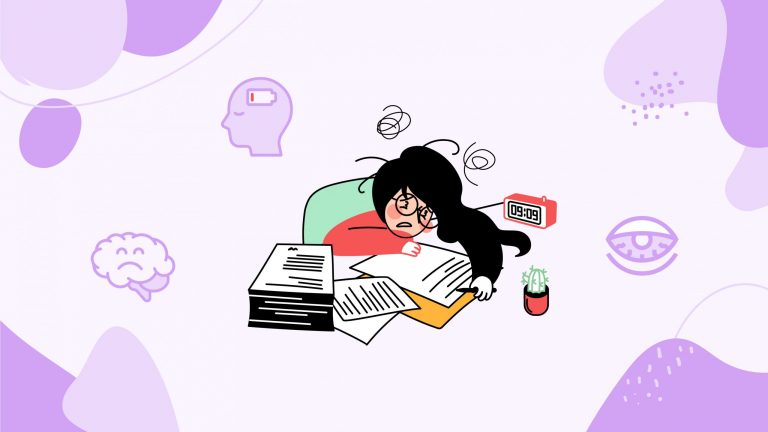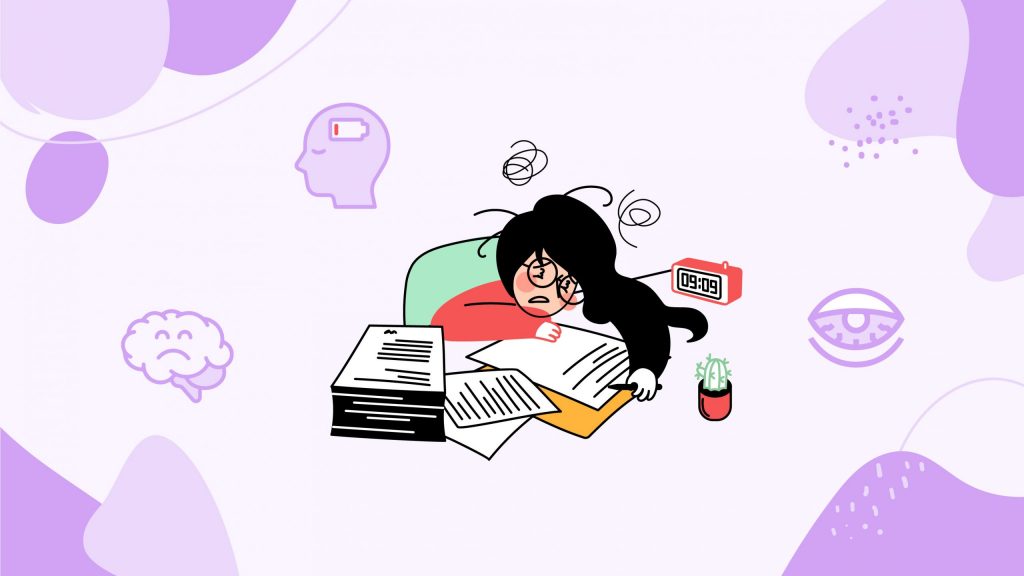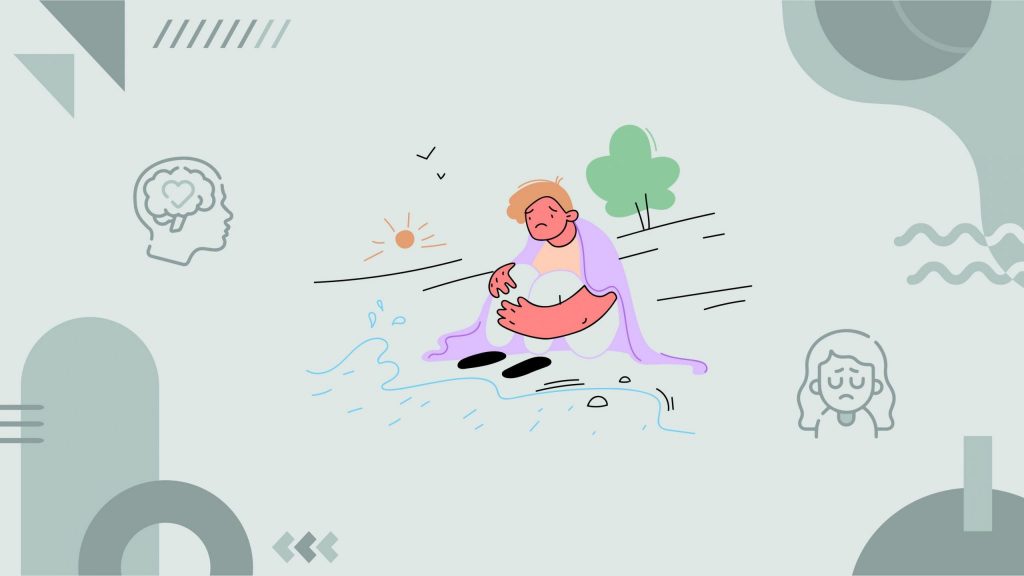Think Sharper Than Ever
Ever feel like your brain is in an endless sprint, never quite reaching the finish line? That’s everyday life in our high-speed digital age. Between the constant buzz of smartphone notifications, back-to-back Zoom meetings, and ever-expanding to-do lists, it’s no surprise we often find ourselves mentally exhausted. This relentless pace isn’t just overwhelming; it shrouds our minds in a heavy fog, clouding our thinking, stifling our creativity, and sapping our energy.
Day after day, navigating this digital labyrinth isn’t just challenging; it gradually erodes our productivity, dampens our spirits, and transforms even the brightest days into grueling marathons. The struggle with mental fatigue is a pervasive reality, impacting everything from our performance at work to our downtime at home. Understanding and addressing this invisible burden is crucial if we hope to restore our mental clarity and vitality.
Breaking free from this cycle means recognizing the signs of mental overload early and taking deliberate steps to manage our cognitive resources. By doing so, we can lift the fog that dulls our minds, re-energize our days, and reclaim the sharpness and energy that our busy world demands.
Unpack the Science of Mental Fatigue
Imagine your brain as a high-performance engine that’s been running non-stop. It’s not just about feeling sleepy—mental fatigue involves intricate biological processes that can significantly impact your overall function. When we task our brains with constant information absorption and decision-making, we’re not just using up mental energy; we’re also messing with our brain’s chemical balance. Neurotransmitters like dopamine and serotonin, which are crucial for regulating our mood and keeping us motivated, start to fluctuate under stress. This isn’t just a dip in spirits or a slump in drive; it’s a tangible change in your brain’s chemistry.
Here’s where the prefrontal cortex, the brain’s command center for cognitive functions such as planning, decision-making, and problem-solving, really feels the pressure. When overloaded, this critical area begins to operate less efficiently. Think of it as a computer that’s bogged down by too many open tabs; everything starts to slow down. This manifests in our day-to-day life as a struggle to concentrate, slower processing speeds, and a pervasive sense of mental fog.
Mental fatigue is essentially your brain’s way of telling you it needs a break. It’s a signal, much like the exhaustion you feel after a long run, indicating that it’s time to rest and recharge. Recognizing these signs early and taking appropriate action can prevent a full-blown mental burnout, ensuring that your cognitive functions remain sharp and effective. Understanding the science behind why we experience mental fatigue is the first step in managing it effectively, keeping our mental engines running efficiently and our daily productivity high.
Subscribe to newsletter
Get your Gut Health Starter Guide right now.
Elevate your Tuesdays with practical, science-backed wisdom propelling you forward on your gut health journey.

Steps to Fix Mental Exhaustion
To combat mental fatigue and restore cognitive function, incorporating deliberate rest and recovery strategies into our daily routine is crucial. Here are actionable steps to rejuvenate your mental energy:
- Structured Downtime: Schedule short breaks throughout your workday. Use techniques like the Pomodoro Technique, which involves working for 25 minutes followed by a 5-minute break. These pauses help reset your brain’s focus and energy.
- Digital Detox: Limit screen time, especially from social media and email, to reduce cognitive clutter and decision fatigue.
- Mindful Meditation: Engage in daily mindfulness exercises to decrease stress levels and enhance concentration. Even a few minutes can improve mental clarity.
- Physical Activity: Regular exercise, particularly aerobic activities, boosts blood flow and oxygen to the brain, enhancing its performance and endurance.
- Sleep Hygiene: Prioritize sleep by maintaining a consistent bedtime routine and ensuring 7-9 hours of quality sleep to enhance brain recovery and memory consolidation.
A Testimonial of Transformation
Meet Emily, a dedicated software developer, who found herself adrift in the sea of mental exhaustion. Her days blurred into a mix of endless coding and crippling deadlines, leaving her creativity stifled and decision-making skills dulled. “It felt like I was constantly walking through a haze. No matter how much I pushed myself, my clarity and energy levels just plummeted,” Emily describes her ordeal.
Realizing she couldn’t sustain this way of working, Emily decided to take decisive steps towards change. She introduced hourly breaks into her workday to disconnect and recharge, enforcing a strict rule against evening screen time to give her brain a rest from digital stimuli. Meditation became a daily ritual, carving out 10 minutes each morning to clear her mind and center her thoughts. Additionally, Emily committed to evening walks, using this time to unwind and step away from her work pressures.
The impact of these changes was transformative. “Bit by bit, I started to feel the fog lifting. I was sharper, more engaged, and my productivity began to soar,” Emily reflects. At work, her enhanced focus and creativity earned her accolades, and her improved mood brought a newfound balance to her life.


















